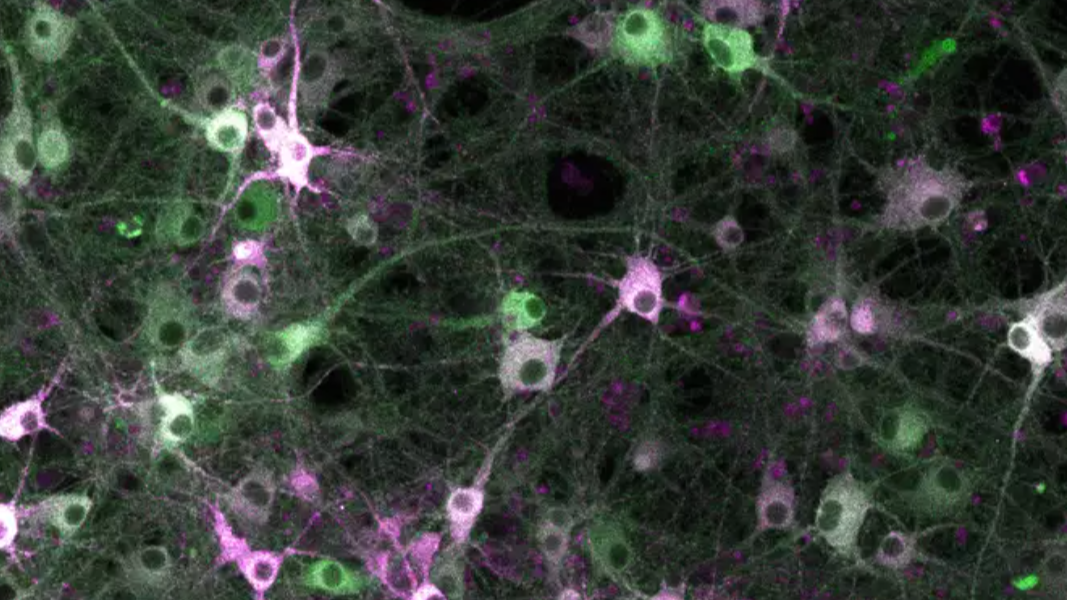Early Excellence in Science Award for Ivana Winkler

The Bayer Foundation’s Early Excellence in Science Award 2024 in the category of Data Science goes to Ivana Winkler of the German Cancer Research Center (DKFZ). Winkler’s work uncovered the unexpected effect of female reproductive capacity: the constantly recurring remodeling of the organs of the female reproductive tract during the sexual cycle leads to fibrosis and chronic inflammation over the years.

The organs of the female reproductive tract undergo extensive remodeling during each monthly cycle in preparation for ovulation or pregnancy. The effects of this recurring remodeling on the affected organs, including the ovaries, fallopian tubes, uterus, cervix, and vagina, have not yet been sufficiently researched. Much of the work that has been done so far has been based on purely microscopic examinations or has only looked at individual organs or the activity of certain genes.
Ivana Winker, a postdoc in the Molecular and Computational Prevention Division at the DKFZ, has systematically examined the changes in gene activity and morphology in mice in all affected organs during each phase of the cycle – at the level of individual cells and in spatial resolution. This enabled her and her colleagues to compile a cell atlas of the female reproductive tract.
Many physiological reproductive events, such as ovulation, menstruation or implantation of the fertilized egg, show characteristic signs of inflammation. The molecular signaling pathways and molecules that maintain this inflammation largely originate from connective tissue cells, one of the main sources of pro-inflammatory messengers.
A remarkable feature of the female reproductive tract is its ability to rapidly clear these cyclically occurring inflammations and restore normal reproductive function. Inflammation that does not resolve, coupled with other signs of aging, can become chronic and lead to fibrosis.
Based on their results, Winkler and colleagues developed a model in which repeated remodeling of the reproductive tract over the reproductive lifespan drives a gradual, age-related development of fibrosis and chronic inflammation. They were able to test this hypothesis directly by using drugs to block the estrous cycle. This cycle blockade reduced progressive fibrosis, while other aging processes continued to proceed normally.
The atlas highlights how the interplay of estrus cycling, pregnancy, and aging sculpts the female reproductive tract. For a long time, it was assumed that these events left no traces or scars in the affected organs. The work of Winkler and colleagues reveals the unexpected price of female reproductive capacity, which is paid for by the constant remodeling of the female reproductive tract. Although these results have so far only been observed in mice, they have great potential for, among other things, developing new therapies to combat cancer in the reproductive organs of women.
The Bayer Foundation grants the Early Excellence in Science Awards, which are endowed with 10,000 euros each, annually to outstanding young scientists and physicians at the beginning of their academic and clinical research careers. The award is given in four categories: biology, chemistry, medicine and data science.




